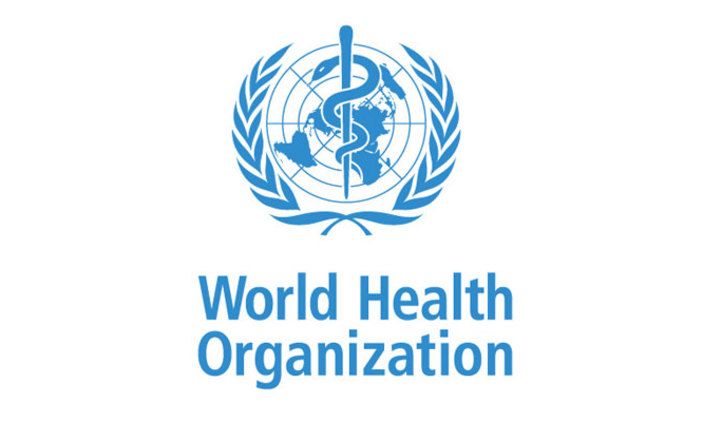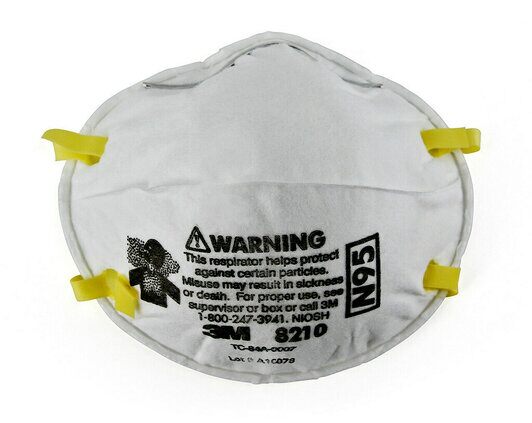
Coronavirus / COVID
Latest News
Latest Videos

CME Content
More News
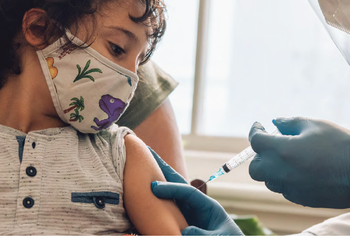
Vaccinations and mitigations for COVID-19 and other respiratory viruses have not been made a priority for young children. Let’s change this before the next big surge hits.
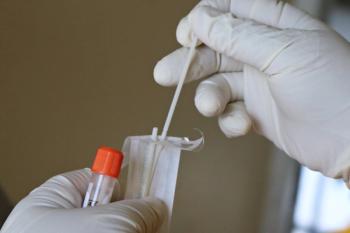
The new recommendation from the organization believes it will help avoid delays in patient care.

Virax Biolabs has developed a T-cell testing platform to develop an immune risk profile against viral threats.

Telemedicine use is likely to continue expanding even as the COVID-19 pandemic slowly resolves.
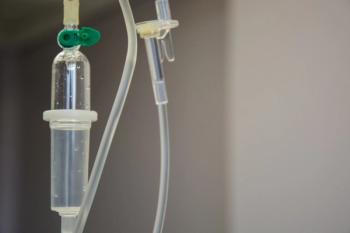
Roche’s Actemra is the first FDA approved monoclonal antibody to be used for COVID-19.

The committee will meet on January 26 to discuss whether and how the composition for primary doses of the currently available COVID-19 vaccines should be modified.

In a new CDC report, these immunizations aid against emergency department and urgent care encounters in immunocompetent adults.

2 years after the COVID-19 vaccine, we're focusing on who is still getting the most severe disease and why.

With these findings, the Uppsala University investigators believe loss of the Y chromosome in white blood cells can predict which patients are at high risk of severe COVID-19 disease progression.
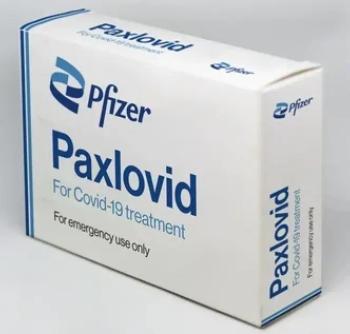
A large health system saw a reduction of 40% and 70% respectively when the antiviral was prescribed.

A new report looked at mortality over a 2 ½ year period, and the epidemiology of who was most affected.

Postural orthostatic tachycardia syndrome (POTS) is happening in people post-virus as well as within a 90-day period post-vaccination.

In addition to avoiding additional infection, illness, and death, the COVID-19 vaccination program likely saved the US $1.25 trillion in medical costs.

The Wistar Institute’s research on DNA-encoded SARs-CoV-2 monoclonal antibodies (DMAbs) allowed it to advance to clinical trials. One researcher explains how it differs from the mRNA platform.

It was a week marked by significant FDA decisions and COVID-19 treatment updates.
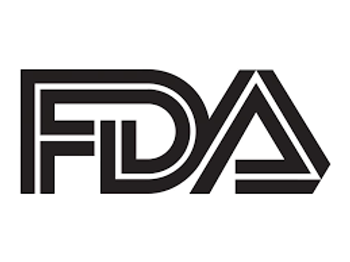
The last available COVID-19 monoclonal antibody, bebtelovimab, is now no longer authorized due to suspected inability to neutralize the most dominant COVID-19 variants, Omicron BQ.1.1 and BQ.1.

With an already overwhelming respiratory virus season with RSV and influenza, the hope is to prevent COVID-19 with these vaccines available to younger pediatric populations.

A deep dive into the number of deaths from COVID-19 and other causes reveals a significant disparity between the US and its peer nations.

A new study examining COVID-19 outcomes over time found evidence supporting the use of dexamethasone and raised concerns about using nonconcurrent controls in large platform trials.
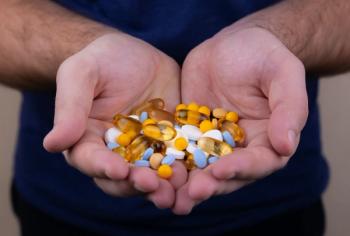
COVID-19 hospital patients were prescribed 21.81% more antibiotics than patients without COVID-19. How did this affect their risk of coinfection?
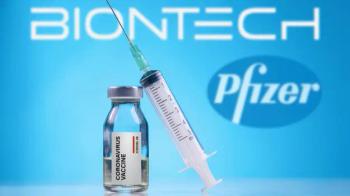
Today, Pfizer-BioNTech filed submitted an Emergency Use Authorization (EUA) to administer their Omicron BA.4/BA.5-adapted bivalent COVID-19 vaccine booster in children under 5 years of age.
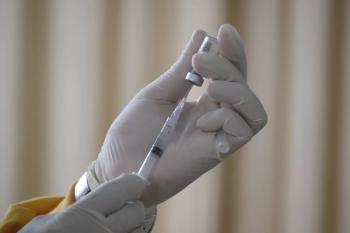
Alternative strategies to increase immunogenicity of COVID-19 vaccines in immunosuppressed kidney transplant recipients are evaluated in clinical trial.

Investigators looked at COVID-19 related hospitalizations in infants less than 6 months old who were unable to be vaccinated. The researchers used population-based surveillance for lab-confirmed COVID-19 hospitalizations.

A recent study by investigators at the University of Pittsburgh School of Medicine found few mild adverse events from monoclonal antibody treatment among pregnant people with COVID-19, but no difference in COVID-19 outcomes.

Sanofi and GlaxoSmithKline are the latest companies to bring their COVID-19 booster vaccine to the marketplace with the European Commission’s approval of VidPrevtyn Beta.


